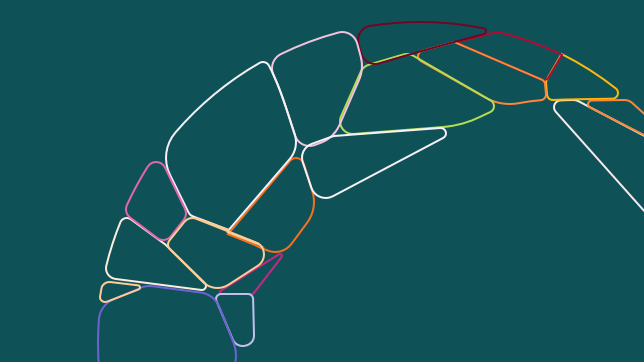Dr. Noworolski is a Professor of Radiology and Biomedical Imaging and of the Graduate Group in Bioengineering. She is Director of Graduate Studies for the Masters of Science in Biomedical Imaging (MSBI) program at UCSF. Dr. Noworolski’s research focuses on developing magnetic resonance imaging techniques and quantitative analyses to enable robust interpretation of MR measures to characterize the anatomy, physiology, and pathology studied. She has been focused primarily on studying prostate cancer and metabolic health.
In the prostate cancer area, she has characterized MR signatures of the heterogeneous benign and cancerous tissues of the prostate through correlation of multiparametric MR imaging measures with histopathology of the prostate and has developed quantitative, multiparametric models to generate risk maps of cancer and of aggressive cancer in the prostate. She is currently leveraging these findings to facilitate characterizing the risk for men considering active surveillance of their prostate cancer. Her lab has been automating our tools and transitioning some of our analyses from traditional machine learning approaches to deep learning approaches when appropriate. Through this research, we are initiating translating these resources so they can be used clinically.
In the metabolic health area, she has extended earlier research covering diagnostic evaluation of fat, inflammation and fibrosis in the liver to characterize disease in individuals with HIV and hepatitis C infection and to assess interventions. With collaborators, she has demonstrated effects of short-term dietary changes on de novo lipogenesis and lipid storage in the livers of normal subjects and subjects, including children, with obesity and/or metabolic syndrome. Through traditional image processing and via convolutional neural network algorithms, her lab has automated the analyses of some of our more established metrics of fatty liver disease. Her lab is pursuing novel imaging techniques to aid in characterizing the effects of sleep apnea on mitochondrial function, in addition to other metabolic syndrome effects, and is studying the role of MR to characterize ectopic fat and fibrosis and their roles in metabolic health and as predictors of Type II diabetes.








